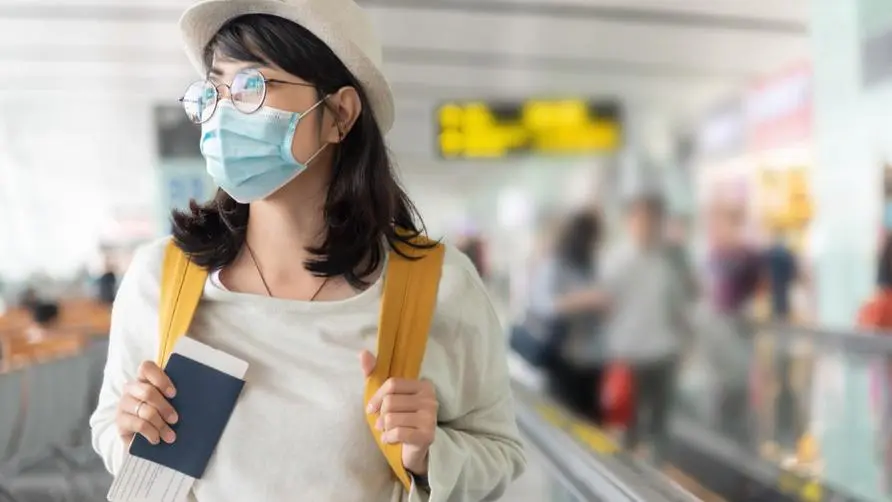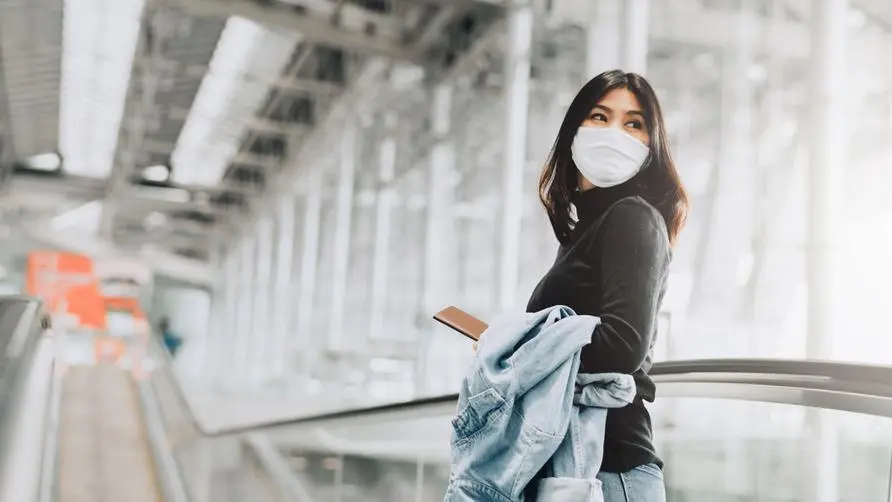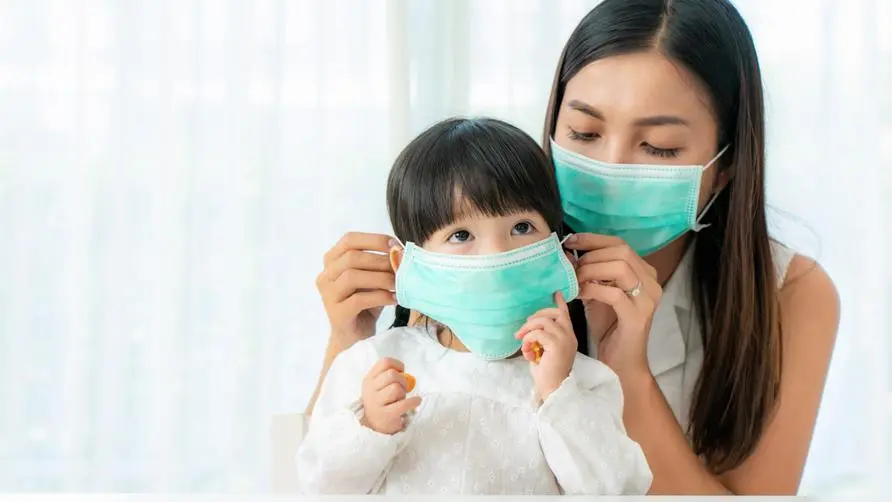Will border controls be relaxed? Should you worry about contracting the epidemic when traveling abroad? Intensivist: "2 groups" are most at risk

The epidemic in Taiwan has gradually slowed down since July. After July 8, the number of daily confirmed cases fell below the “three prefix”, and the average number of infected people dropped to about 20,000. Does this mean that “border control” measures will be relaxed? According to reports, the Ministry of Transportation and Communications is currently working on two plans to lift the ban: giving priority to tourists coming to Taiwan, or allowing entry and exit to Taiwan at the same time. However, the epidemic situation needs to be closely monitored and the decision-making of the command center must be coordinated.
Is the chance of getting infected on a plane “lower” than on the ground? Intensivists point out “4 key points”
If we can successfully travel abroad after future border controls, do we need to worry about the increased risk of infection? Will flying lead to an increase in confirmed cases? Dr. Huang Xuan, an expert in critical care medicine, pointed out in a social post that a study published in the authoritative journal “JAMA” showed that the chance of contracting COVID-19 is actually higher when taking an airplane than in an office, classroom, supermarket or subway. Low.
A study by “Travel Medicine and Infectious Disease” further stated that after analyzing the infection status of nearly 140 million international travelers, it was found that on average only 1 in every million travelers will be infected with the new coronavirus. The risk of infection is much lower on the ground.
Why does the virus transmission rate tend to be lower in a confined space like an airplane? Dr. Huang Xuan believes that the following four points are possible main reasons:
Ventilate the cabin environment. The air-conditioning and ventilation system in the cabin has a higher ventilation rate than ordinary buildings; and the cabins are equipped with high-end air filtration systems to help discharge dirty air in the cabin and inject fresh air.
The chair backs are in the same direction. The cabin’s seating configuration reduces the risk of face-to-face contact transmission.
Take health screenings. Before boarding the plane, passengers must undergo strict temperature checks, PCR and vaccination certificates. Taiwan will add vaccine passport measures in the future to proactively screen travelers with poor health conditions. The real-name registration system also helps to track the whereabouts of passengers.
Adopt contactless management. Currently, the boarding procedures at the airport use facial recognition and passport scanning, and the in-cabin toilets also use electronic system sensors to reduce the risk of contact infection.
When you get off the plane, your yin will turn into yang immediately? Category 2 people should pay attention to the risk of diagnosis when going abroad
Although the probability of being diagnosed on a passenger plane is relatively low, why is there a sharp increase in the number of passengers who test positive for the virus after disembarking? Dr. Huang Xuan explained that judging from the current global Omicron epidemic situation, the virus spreads quickly on the ground and has a short incubation period (1.5-3 days). Before leaving the border, travelers tend to be wary of epidemic prevention. This is a critical time for the Omicron virus to be exposed.
Dr. Huang Xuan believes that most passengers who disembarked from the plane tested positive because they were in close contact with others after landing. In particular, Omicron virus is mainly asymptomatic or mild, and there is a certain amount of virus in the body, which may not be known to passengers. . In addition, whether the hotel’s air filtration device is sufficient, the local population density, and whether travelers have sufficient awareness of epidemic prevention may all affect the possibility of contracting the epidemic.
Dr. Huang Xuan further pointed out that people infected with the new coronavirus in the air are mostly caused by the virus invading the mouth and nose when taking off the mask to eat. Therefore, although international travel is gradually lifted, there are still two major groups that need to be careful about the increased risk of infection:
Those who wear masks incorrectly. If the mask is worn incorrectly, such as only covering the mouth but not the mouth and nose, or placing the mask on the chin, the possibility of contracting the disease may increase significantly in countries where the epidemic is more intensively transmitted, such as the United States.
Those who have not yet been vaccinated. Without vaccine protection, the virus is more likely to cause severe illness or death. And currently, many countries or airlines require passengers to complete 3 doses of vaccination before entering the country. Therefore, you should get vaccinated as soon as possible before going abroad.
Dr. Huang Xuan called for the correct wearing of masks and complete vaccination to be crucial for overseas travelers, and travelers still need to have a certain awareness of epidemic prevention, rather than “as soon as the border is opened, it will be safe as soon as they get on the plane.” As for the opening hours for outbound travel and entry, further announcements from the Epidemic Command Center are yet to be made.
Source:
Risk of COVID-19 During Air Travel
Countries are opening up for overseas travel, is air travel safe? - Dr. Huang
XuanProbability and estimated risk of SARS-CoV-2 transmission in the air travel system
Further reading:





